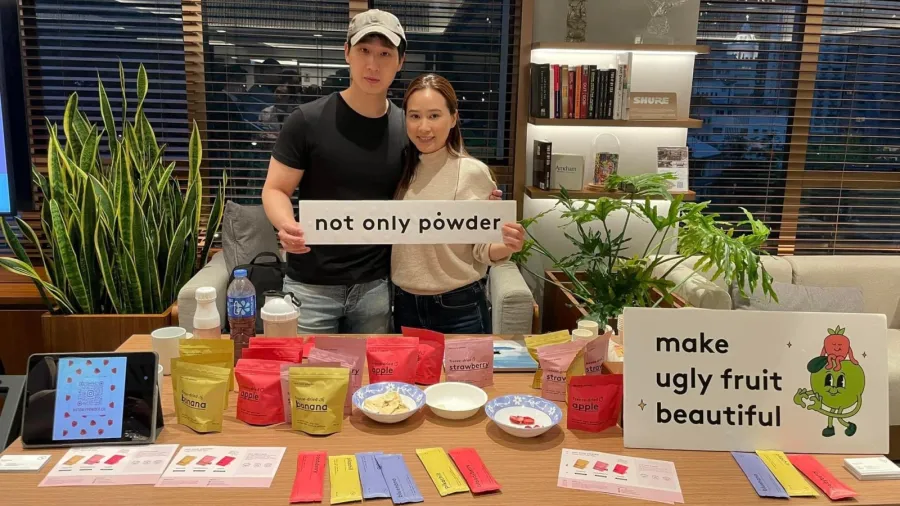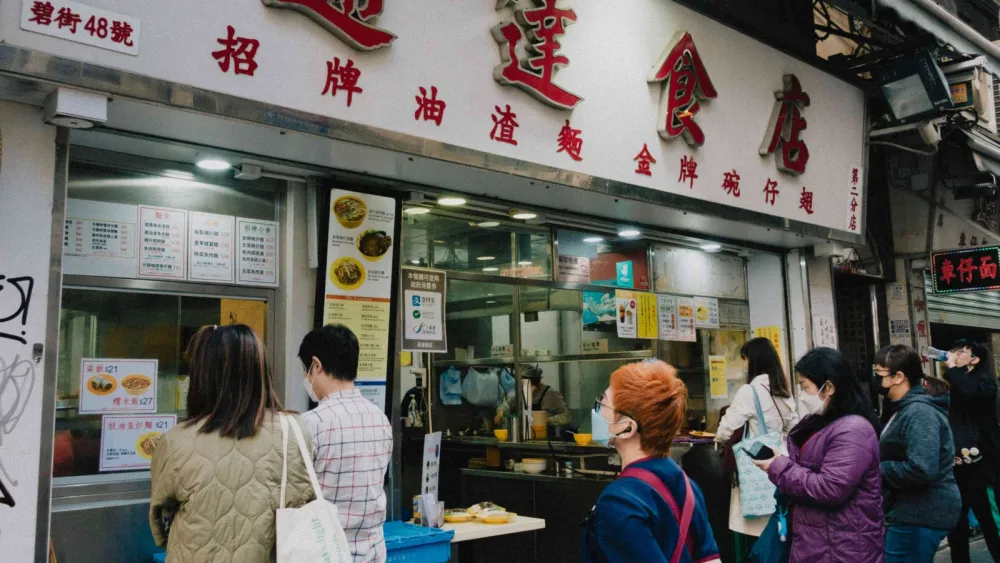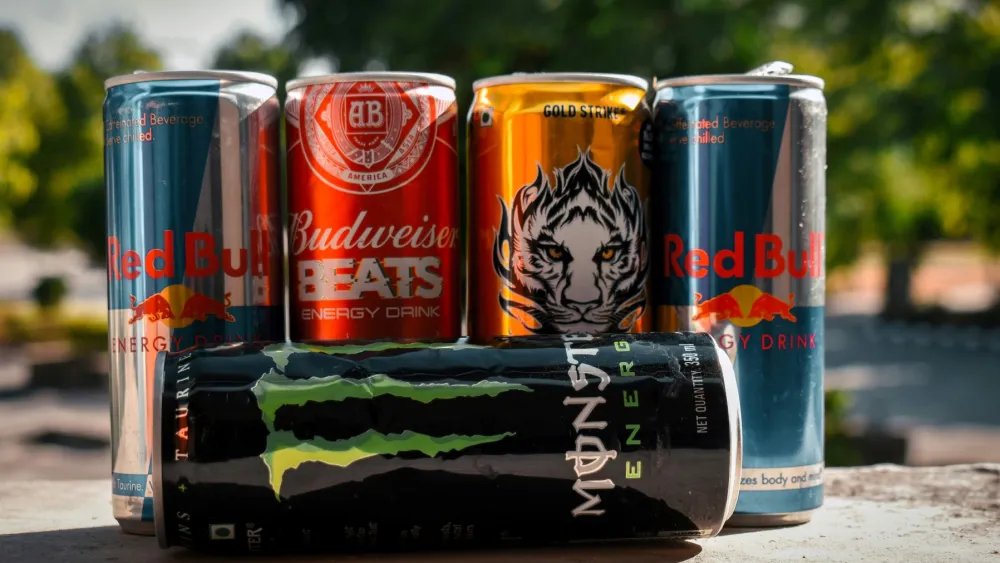
Not only powder eyes Southeast Asian expansion
It plans to double its pool of partners by year-end.
Hong Kong startup Not only powder (NOP) is looking to expand to Southeast Asia as it seeks to double its more than 20 business-to-business (B2B) partners this year to help give new life to expiring and ugly fruits from producers and suppliers using its freeze-drying tech.
“We want to expand into Southeast Asia, potentially through a franchise or distributor model,” co-founder Fioni Fong told Hong Kong Business. “Above all, we want to establish a strong brand identity that prioritises not just profitability but also social impact.”
The company is exploring tie-ups in Thailand, whilst Singapore is the focus when it comes to identifying partners that are keen to turn fruit waste into new products, she said via Zoom.
NOP seeks to double its more than 20 business-to-business (B2B) partners this year and increase the amount of fruit waste it recycles to 8,000 kilos from 5,000 kilos daily, Fong said.
The startup operates mainly on a B2B model, collecting fruit waste or fruit surplus from suppliers such as supermarkets, food and beverage restaurants (F&B), and hotels. The waste is then freeze-dried and transformed into powders or other products, which can be reused by these suppliers.
In Hong Kong, food waste, including fruits, accounts for 30% of municipal solid waste, according to the Environmental Protection Department.
Fong said one of their partners is a large F&B operator in Hong Kong whose main business is a bakery.
“They have a lot of leftovers when it comes to fruits [that they use as] toppings on their cake,” she said via Zoom. “They send these fruits to us, and we transform them into mainly powder.”
Fong said the powdered fruit is formulated into end-products such as strawberry collagen drinks.
The startup also works with a partner hotel that buys NOP’s products and incorporates these into “sustainable” menu offerings, such as yogurt drinks and smoothies.
Since they work with fruit waste, Fong said they have to manually inspect all fruits, cutting these into small pieces — about 0.5 to 1 centimeter — to ensure that they are free from mold.
NOP also has a business-to-consumer model, where they create their own products they sell online, such as smoothie powder and fruit crisps.
Fruits from partners such as hotels are usually pre-checked by the suppliers themselves, so NOP only carries out a basic inspection. Fong said thorough manual checks are reserved for fruits from new partners.
Fong said the team is exploring ways to upgrade their machinery to enhance food safety, speed up collection, and cut the cost of transforming fruit waste into value-added products.
“We’ll prioritize continuous innovation in our products,” she said. “Our goal really is to deepen our B2B relationships and capture a larger market share.”



















 Advertise
Advertise







